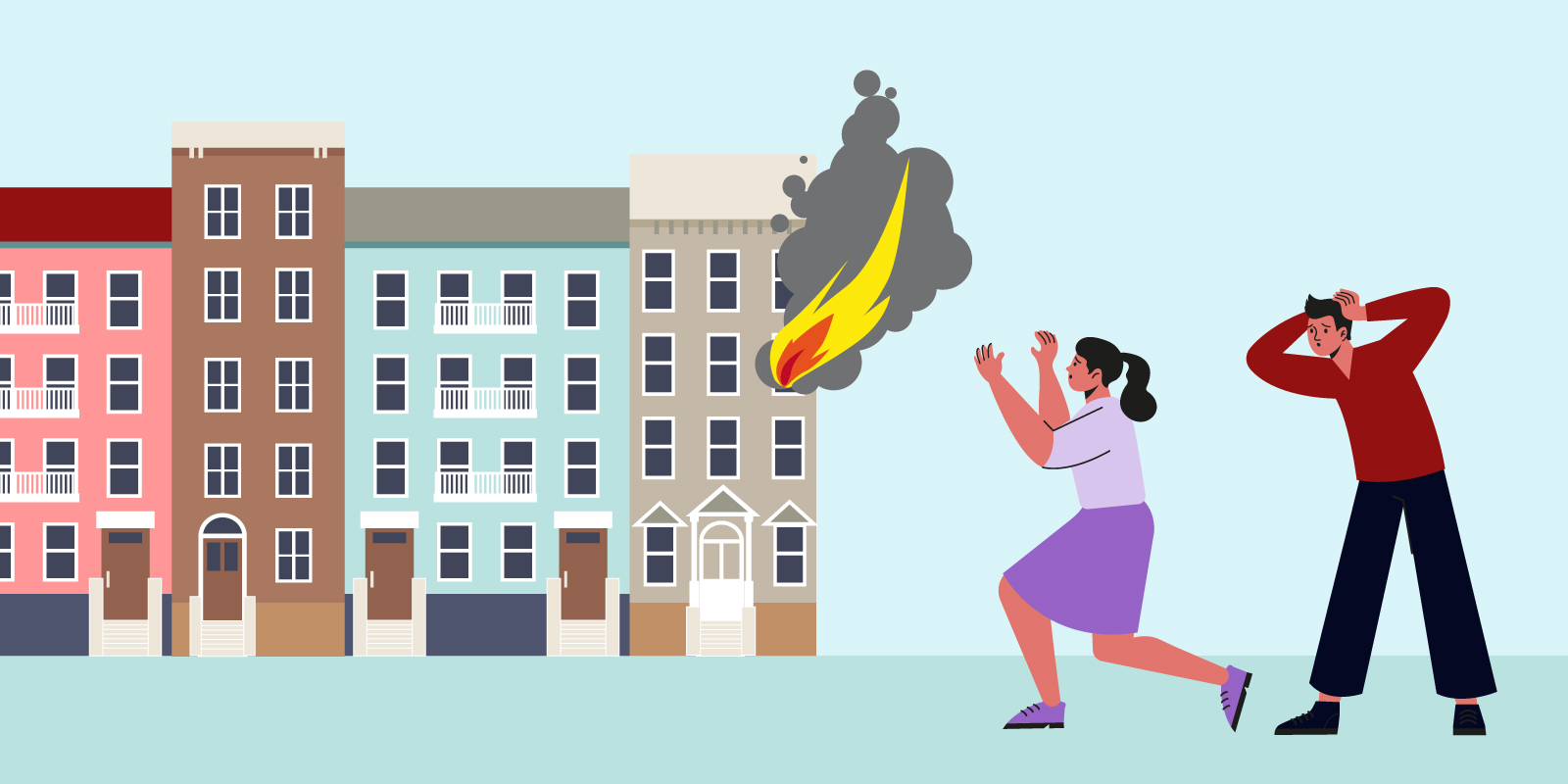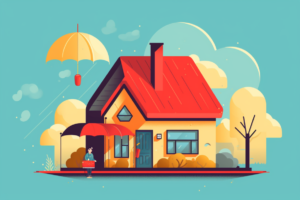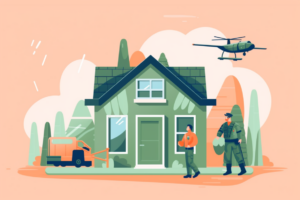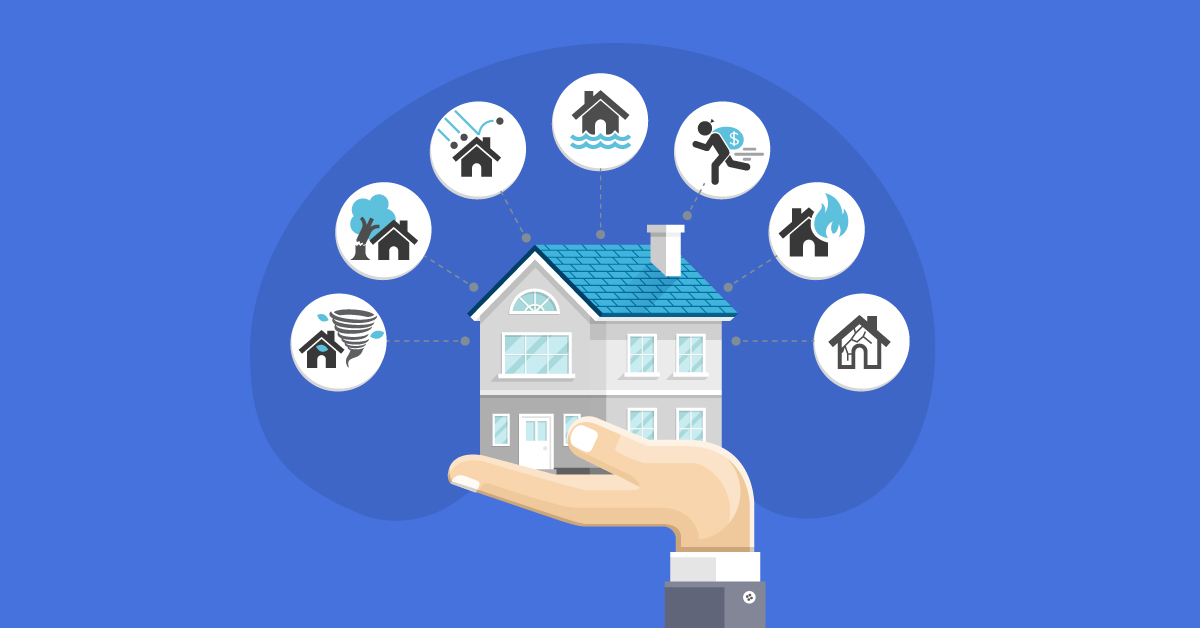A home is one of the most expensive assets you’ll ever buy, so it’s important to protect it from a wide range of hazards. Getting homeowners insurance is a good first step, but many policies have exclusions that could leave you without coverage in the event of an emergency. Keep reading to find out what hazard insurance is and find out five reasons why you need it.
What Is Hazard Insurance?
Hazard insurance protects homeowners against several types of hazards. These hazards fall into three categories: personal property, dwelling and other structures. Personal property refers to the items inside your house, such as personal electronics, furniture, clothing, jewelry and books. If you have hazard insurance, your insurance company may pay to repair or replace these items in the event of a covered loss.
The term “dwelling” refers to the physical structure of your home, not the objects inside. Dwelling coverage typically pays to repair or replace things like siding, roofing tiles and drywall. In addition to your home, you may have a shed, detached garage, fence or other structure on your property. If so, the “other structures” portion of your hazard insurance will pay to repair or replace these structures if a covered loss occurs.
What Is a Covered Loss?
A covered loss, also known as a covered peril, is a loss that’s covered by your insurance policy. Many homeowners assume that all losses are covered, but that’s rarely the case. If you look at your insurance documents, you’ll probably see at least a few exclusions. For example, private homeowners insurance doesn’t cover flooding. If you want flood protection, you need to purchase a separate policy from the National Flood Insurance Program.
Reviewing Your Homeowners Insurance Policy
It’s important to review your homeowners insurance policy regularly to make sure you’re protected against a wide variety of hazards. You should also check the coverage limits for each type of property, as you may end up having to pay out of pocket if a loss exceeds the limits outlined in your policy. Take jewelry, for example. Your policy may have a jewelry coverage limit of $1,500. If someone steals your $3,000 bracelet, you’ll only get $1,500 from the insurance company, leaving you on the hook for the other $1,500.
If your coverage limits are low, you may be able to add a rider to your existing policy or purchase a separate policy to give yourself extra peace of mind.
5 Reasons to Consider Buying Hazard Insurance
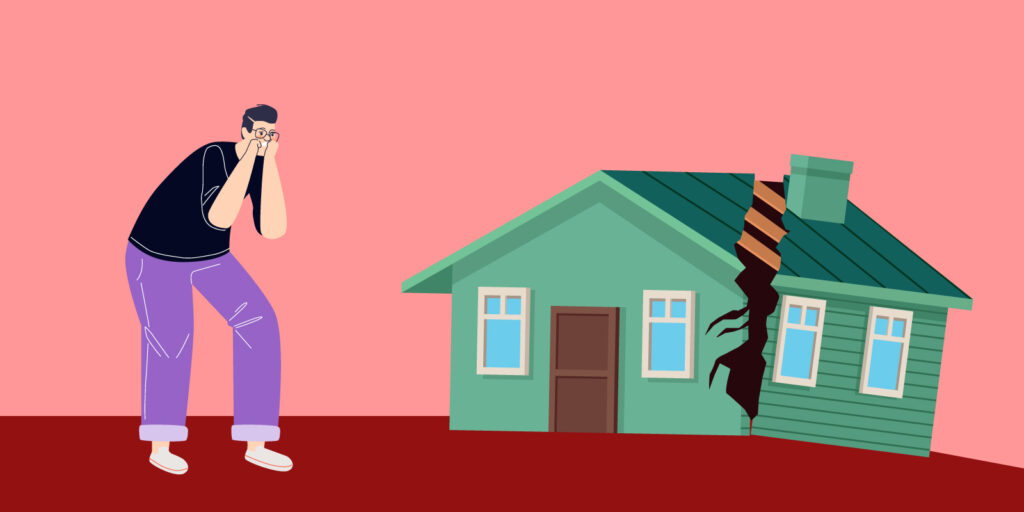
If you’re on the fence about getting hazard insurance, you should know that this type of coverage can save you thousands of dollars and help you avoid the heartache of having no way to replace damaged or stolen possessions. Here are some of the five most important reasons to purchase hazard insurance.
1. You Have a Mortgage
During the COVID-19 pandemic, state and local governments issued stay-at-home orders, forcing many companies to allow employees to work remotely for the first time. As a result, thousands of people moved out of large cities and into quieter suburbs, driving up home prices all over the country. With the median home price now hovering around $385,800, mortgage lenders are more concerned than ever about protecting their investments.
If you have a mortgage, you must maintain an active homeowners insurance policy until you make the final payment. Although you can technically get rid of your hazard insurance once the mortgage is paid off, it’s not a good idea to cancel your policy. If a covered loss occurs, it may cost thousands of dollars to repair the damage.
2. Your State Has Frequent Wildfires
If you live in a humid area or have a home near a body of water, you probably don’t have to worry too much about wildfires. Unfortunately, several states have a heightened risk of wildfires due to their climates and geographic features. For example, California is extremely wildfire-prone, as it has dry weather and thousands of acres of land filled with pine needles, shrubs and dry grasses. The Golden State is also a popular destination for campers and hikers, some of whom don’t exercise enough caution when using matches.
If you live in California or another area known for its wildfires, hazard insurance can protect you from losing everything you own and having no way to replace it all. Fortunately, your standard homeowners insurance policy should also include some protection for this type of hazard. For example, your insurance company may pay to remediate smoke damage.
3. You’re Concerned About the Risk of Floods, Tornadoes or Hurricanes
While some parts of the country are busy worrying about wildfires, others are concerned about the risk of natural disasters. The Federal Emergency Management Agency maintains online flood maps to help you understand the risk of flooding in your neighborhood. If you don’t already have a flood insurance policy, take a look at these FEMA maps and think about whether you need to purchase extra hazard coverage.
Many Americans also fear damage caused by hurricanes and tornadoes. Florida, Louisiana and Texas have the highest levels of hurricane activity in the United States, as they’re situated near large bodies of water. The Great Plains Region of the United States is most likely to have tornadoes, as the region has warm, humid surface air capped by cool, dry air. This makes it easier for supercells, a type of thunderstorm, to form. Once a supercell forms, a tornado is more likely.
If you live in an area prone to floods, hurricanes or tornadoes, make sure you have hazard insurance in place. A natural disaster can occur at any time, so you don’t want to be left with thousands of dollars worth of damage and no way to repair or replace your property.
4. You Live Near a Factory That Stores Flammable Chemicals
If you live near a factory that uses flammable chemicals in its operations, contact your insurance agent to find out if you need extra hazard insurance. Explosions sometimes occur due to improper handling or storage of toxic chemicals, putting nearby homes and commercial properties at risk of extensive damage.
5. You Live in a Neighborhood with High Crime Rates
Before you move into a new home, take a look at the crime rates in the neighborhood. Pay close attention to the property crime rate, which includes arson, burglary, theft and vandalism. If the local rate is higher than the U.S. or state average, consider purchasing extra hazard insurance.
How Much Hazard Insurance Do You Need?
How much hazard insurance you need depends on several factors, such as how much your home is worth and what kind of property you have inside. You may also need to purchase additional hazard insurance if you have assets exceeding the limits listed in your existing homeowners insurance property. Here are some things to think about before you purchase a policy:
- Local construction costs
- Materials used to build your home (e.g., brick, slate, vinyl siding)
- Existence of fireplaces and other specialized features
- Size of the home
- The cost of coming into compliance with local building codes
Each of these factors can affect how much it costs to repair or rebuild a home, so make sure you account for them when choosing your coverage limits.
Out-of-Pocket Costs
Even if your policy has high coverage limits, you should be prepared for some out-of-pocket costs any time a covered loss occurs. When you buy a policy, you typically get to choose your deductible. The deductible is the amount of money you have to pay before your insurance policy starts to cover your losses. For example, if you have a $10,000 loss and a $2,000 deductible, you’ll have to pay $2,000 before your insurance company gives you the other $8,000. If you have a large emergency fund, you can choose a higher deductible to save money on premiums. Otherwise, choose a low deductible to keep your out-of-pocket costs as low as possible.
Is Hazard Insurance Worth It?
Hazard insurance is a great way to extend your home’s coverage. It can also be the thing that makes or breaks your budget in the event of a burglary, natural disaster, or other covered peril, especially if your home insurance policy has gaps or exclusions.
You might also be interested in: 59 Insurance Terms That Can Cause Confusion

